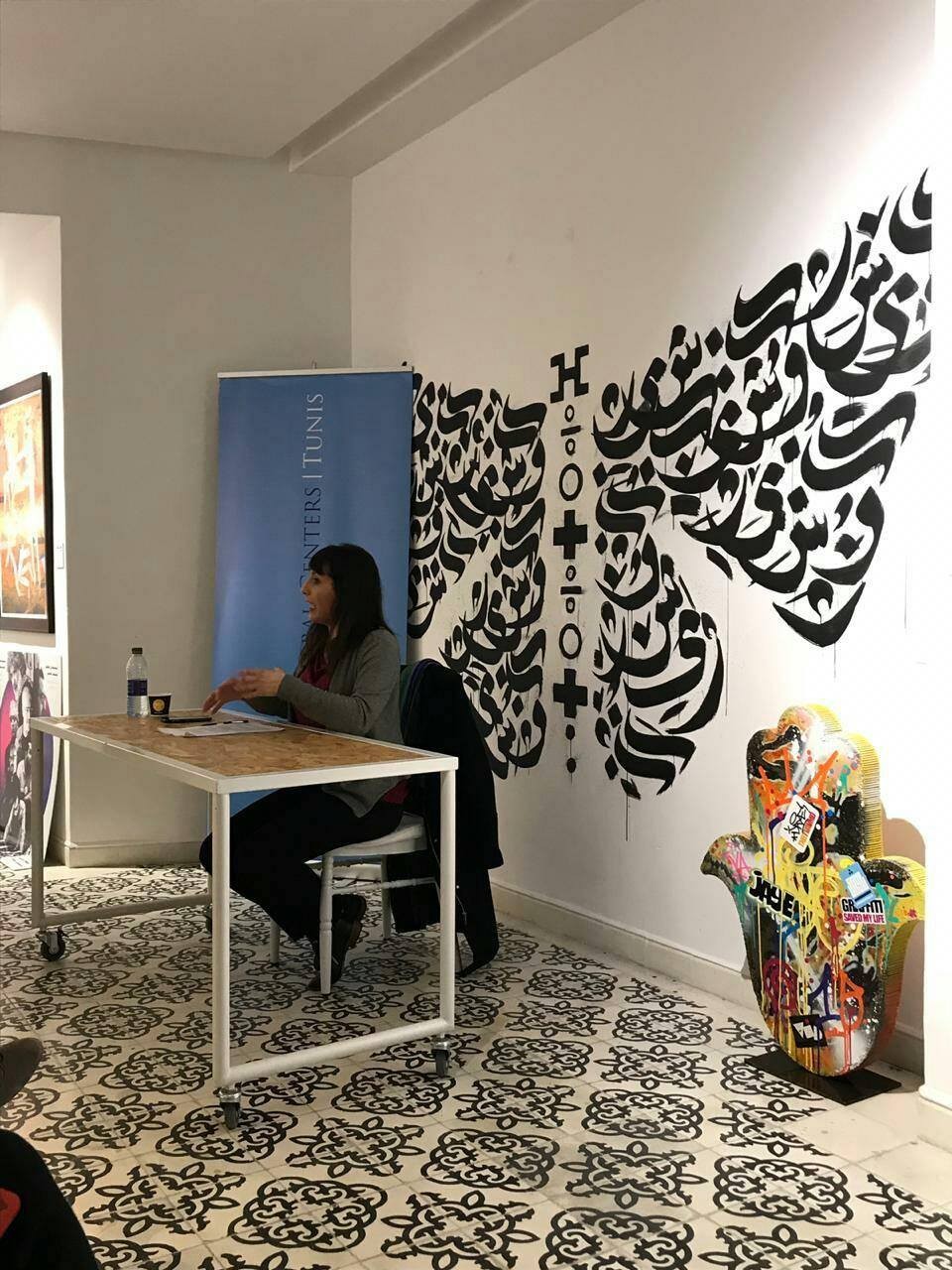The EU and the Middle East and North Africa: The Rise and Fall of the Mediterranean Dream
This talk examined what kind of role the EU is playing in the current turbulent MENA/Mediterranean scene and what is left of the EU’s influence in what appears to be a time of flux and crisis, both internally and externally, for this complex, hybrid and increasingly unconfident international actor. Answers to these question need to be put in historical perspective, starting from the ‘good old days’ when the EU seemed to have a distinct political vision for its southern outer periphery, and behaved as a major international actor there in terms of presence, opportunity and capability. The talk traced the process of what one may call the rise and fall of the EU’s Mediterranean project, addressing the following stages:
- The ‘happy 1990s’ and the 1995 Euro-Mediterranean Partnership (EMP) as the golden age of liberal region-building in the Mediterranean
- The European Neighbourhood Policy (ENP) and the era of bilateral differentiation and competition starting from the mid-2000s
- The 2008 Union for the Mediterranean (UfM) and the era of functionalist/technocratic de-politicisation
- The 2011 Arab Uprisings and the era of EU frenzy, uncertainty and disorientation
- The 2016 EU Global Strategy and the era of EU self-absorption and realist restraint, or ‘principled pragmatism’
Short bio:
Irene Fernández-Molina is lecturer in International Relations at the University of Exeter. Her research deals with international relations of the Global South, subalternity and southern agency, foreign policies of dependent and/or authoritarian states, conflicts, international socialisation and recognition, with a regional focus on North Africa, as well as EU foreign policy and Euro-Mediterranean relations. She is the director of the MA Politics and International Relations of the Middle East at Exeter and a visiting professor at the College of Europe, Bruges campus. She was previously a research fellow at the European Neighbourhood Policy Chair of the College of Europe, Natolin campus (Warsaw), a Schuman fellow at the Directorate-General for External Policies of the European Parliament (Brussels) and a PhD research fellow at the Complutense University of Madrid.
Longer bio: https://socialsciences.exeter.ac.uk/politics/staff/fernandez-molina/
We welcomed around seventy guests, including students, activists, current and former local and foreign diplomats, businesspeople, etc.
